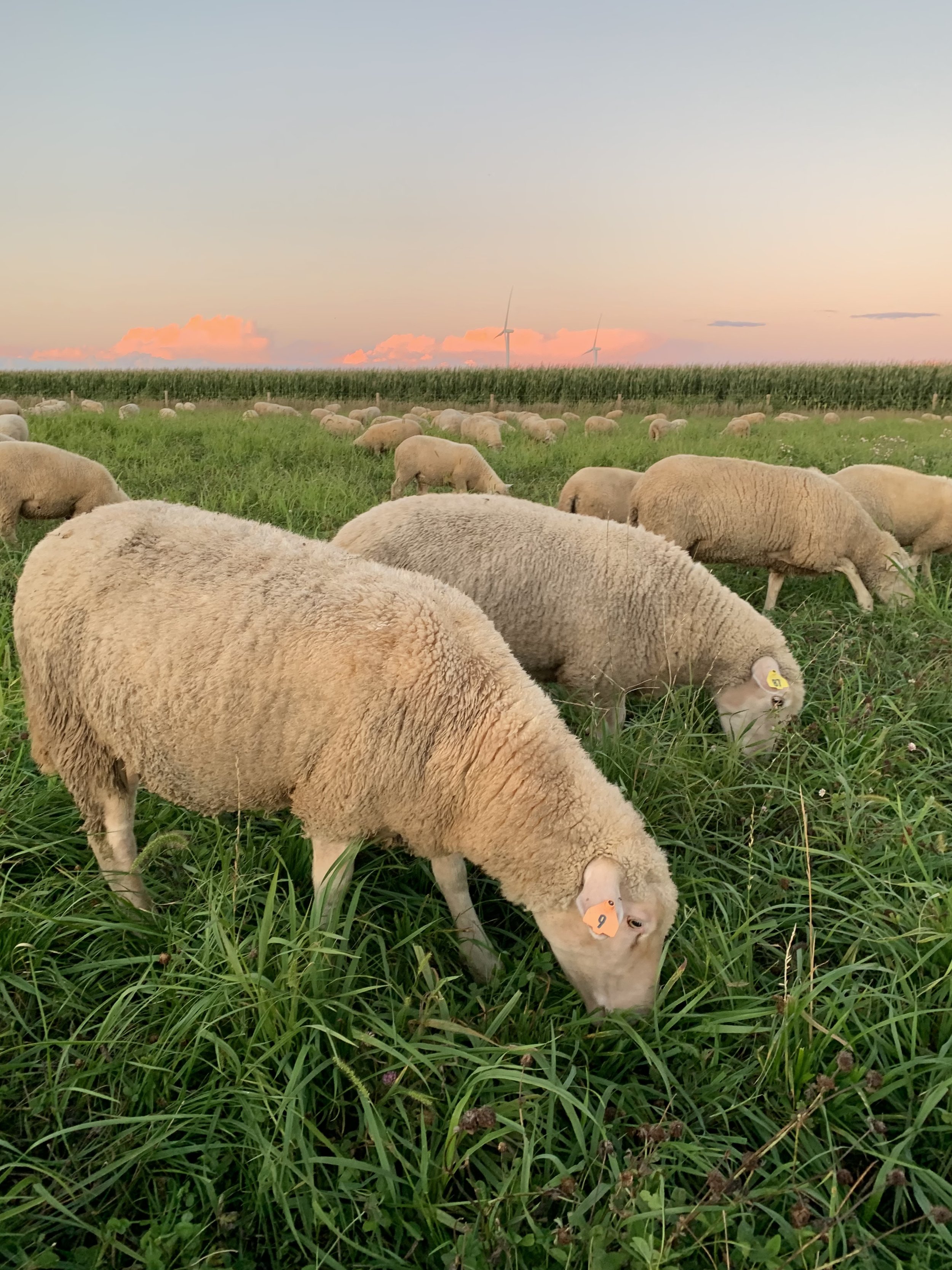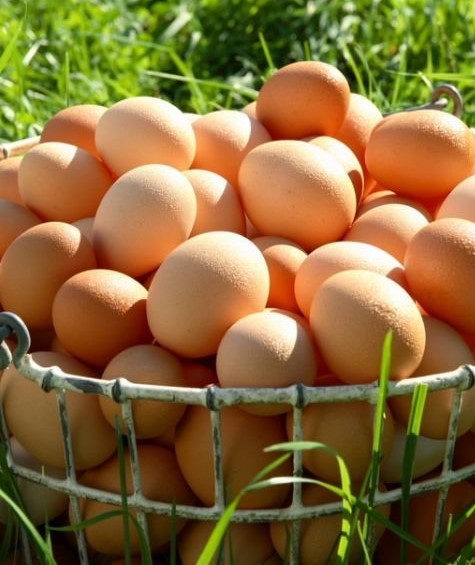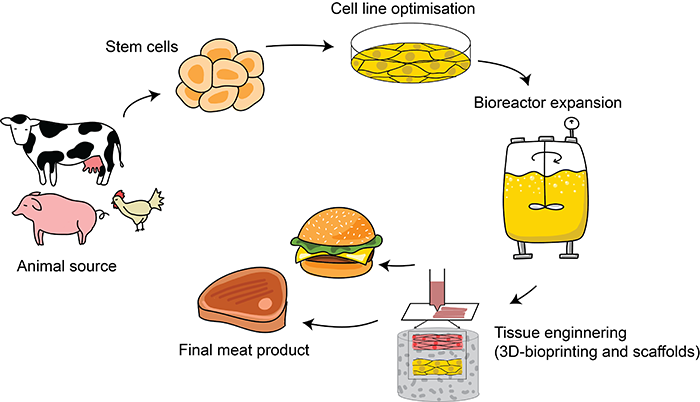Sheep Flourish as Regenerative Agriculture Takes Root

Across the globe, a growing movement is transforming agricultural practices, and at its heart are some woolly, four-legged friends. Sheep, long valued for their wool and meat, are increasingly recognized for their crucial role in regenerative agriculture, a holistic approach to farming that prioritizes soil health, biodiversity, and carbon sequestration.
A Symbiotic Relationship for Sustainable Farming
Regenerative agriculture focuses on rebuilding soil organic matter and restoring degraded soil biodiversity. This approach stands in stark contrast to conventional farming methods that often rely heavily on synthetic fertilizers, pesticides, and intensive tillage, practices that can lead to soil erosion, water pollution, and greenhouse gas emissions.
Enter the sheep. These ruminants, with their unique digestive systems and grazing habits, act as natural soil builders and landscape managers. Here's how:
1. Fertilizing the Fields Naturally:
Sheep manure is a potent natural fertilizer, rich in nitrogen, phosphorus, and potassium, essential nutrients for plant growth. Unlike synthetic fertilizers, which can contribute to nutrient runoff and water pollution, sheep manure gradually releases nutrients into the soil, promoting healthy plant growth and reducing reliance on chemical inputs. A 2020 study published in the journal "Agriculture, Ecosystems & Environment" found that sheep grazing in combination with compost application significantly increased soil organic matter and nutrient availability compared to conventional fertilization methods.
2. Controlling Weeds Without Chemicals:
Sheep are selective grazers, often preferring weeds over desirable plants. By strategically integrating sheep grazing into crop rotations or using them for targeted weed control, farmers can reduce their reliance on herbicides, minimizing chemical exposure to the environment and fostering biodiversity.
3. Aerating and Improving Soil Structure:
As sheep graze, their hooves gently till the soil, improving aeration and water infiltration. This natural tillage process enhances soil structure, creating a more favorable environment for beneficial microbes and earthworms, further contributing to soil health and fertility. A 2019 study published in the journal "Soil Biology and Biochemistry" demonstrated that sheep grazing increased soil microbial biomass and activity, indicating improved soil health.
4. Promoting Carbon Sequestration:
Healthy soils are vital carbon sinks, capable of sequestering significant amounts of atmospheric carbon dioxide. By enhancing soil health and promoting plant growth, sheep grazing in regenerative systems contributes to carbon sequestration, mitigating climate change. Research from the Food and Agriculture Organization of the United Nations (FAO) highlights the potential of well-managed grazing systems to sequester carbon in soils, emphasizing the role of livestock in climate change mitigation.
Beyond the Farm: The Broader Impact of Regenerative Sheep Farming
The benefits of integrating sheep into regenerative agriculture extend far beyond individual farms, positively impacting the environment and local communities:
Enhanced Biodiversity:
Regenerative grazing practices create diverse habitats that support a wider range of plant and animal species. This increased biodiversity strengthens ecosystem resilience, making farms and surrounding landscapes more adaptable to climate change and other environmental stressors.
Improved Water Quality:
By reducing reliance on synthetic fertilizers and pesticides, regenerative sheep farming minimizes the risk of harmful runoff into waterways, protecting water quality and aquatic ecosystems.
Revitalized Rural Economies:
As consumers increasingly seek out sustainably produced food and fiber, regenerative sheep farming offers new market opportunities for farmers, supporting rural livelihoods and strengthening local economies.
A Promising Future for Sheep and Sustainable Agriculture
The increasing adoption of regenerative agriculture practices, with sheep at the forefront, signals a hopeful shift towards more sustainable and resilient food systems. By embracing the natural synergy between sheep and the land, farmers are cultivating a healthier future for our planet, one graze at a time.


















Comments ()